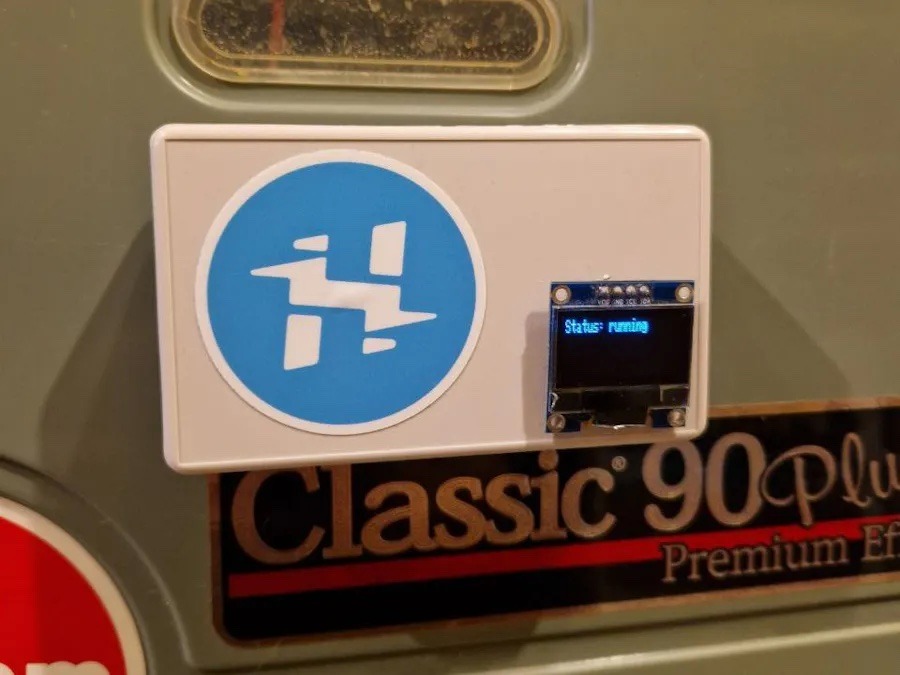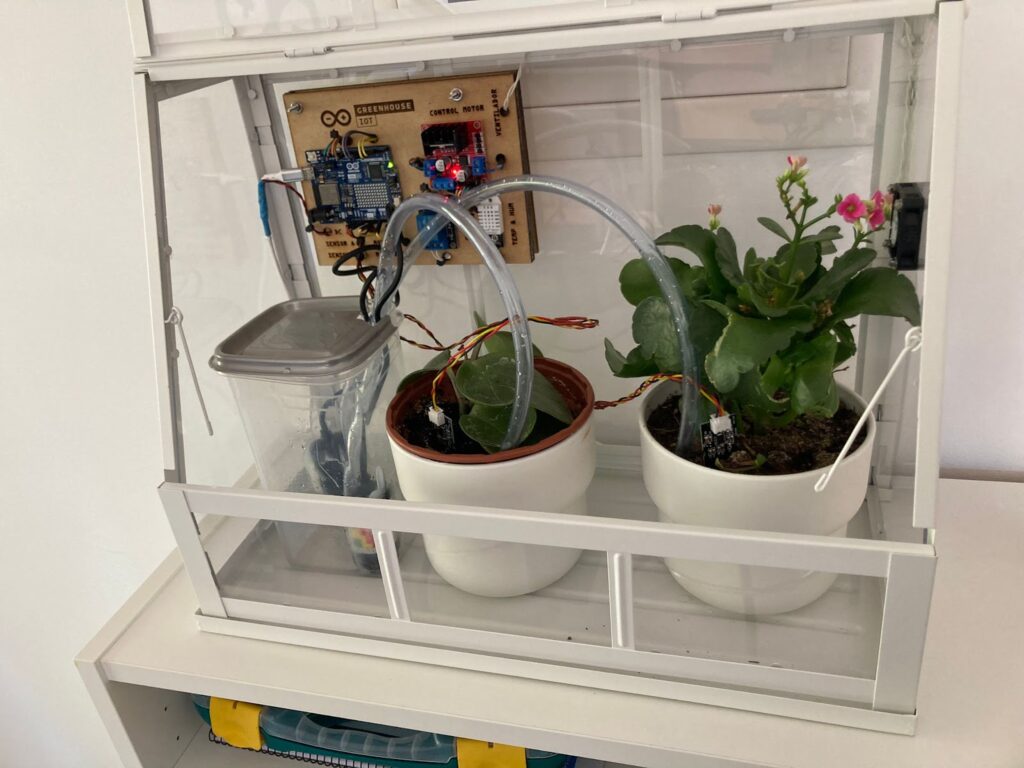
When we think about air quality and pollution, it’s easy to conjure up images of smog-filled cities and power plants churning clouds of poison into the atmosphere.
And while all this is still important, and has massive consequences for our health, it’s all too easy to overlook the air pollution that takes place within our homes.
Indoor air quality is incredibly important for our health and quality of life, and taking steps to improve the air quality in our homes — while also saving energy — is one of the best things we can do. It’s also surprisingly easy and can be achieved even with DIY devices that aren’t difficult to put together.
In this article, we’ll look at the ways we can improve air quality at home, along with a few Arduino examples.
Why does air quality matter?
Air pollution is a massive health problem. In fact, unclean air can lead to issues like strokes, heart disease, lung cancer, and a whole laundry list of terrible respiratory diseases.
Many of these risks come from living in a part of the world with polluted air, which unfortunately isn’t something most of us can do much about. However, the air in our homes — which we do have some control over — is also a risk factor.
In 2020, the World Health Organization found that household air pollution was responsible for around 3.2 million deaths per year – including over 237,000 children under the age of 5.
Enhancing home environment
So what are the concrete steps we can take to improve the air quality in our homes and keep our family members safe? The good news is, there’s a lot we can do:
- Ventilate our homes properly, using age-old methods like windows and doors and more modern approaches like ventilation systems.
- Use monitors that measure the concentration of harmful substances like carbon monoxide and issue warnings when they reach dangerous levels.
- Minimize emissions from things like waste by keeping the home clean.
- Manage devices like HVAC units carefully — if not properly maintained these can be harmful to your indoor environment.
- Avoid burning objects or using powerful toxic chemicals near the home.
3 ways you can improve air quality with Arduino
With automation and tools like Arduino, it’s more than possible to improve the air quality in your home and build a safer and healthier environment for your loved ones to share. Let’s take a look at a few examples.
Detecting HVAC failures early

Heating, ventilation, and air conditioning systems make life much more comfortable, but more than that, in many parts of the world they’re essential for safe living conditions.
This is because HVAC systems don’t just regulate indoor temperature, they also provide a steady supply of fresh, clean air. This is crucial if you live in an area with poor air quality, or have household members with respiratory problems.
When HVACs stop working, problems arise. That’s why Yunior González and Danelis Guillan set out to fix the issue, developing a prototype device that uses machine learning to predict HVAC issues before they arise so you can avoid downtime entirely.
The project uses an Arduino Nicla Sense ME and Edge Impulse’s machine learning tools to create an algorithm that detects anomalous readings and issues warnings to the user when things don’t look right.
Another monitoring solution
In a similar vein to the first project, the medical center network Sangostino developed its own monitoring system using an Arduino Nano RP2040 Connect, aimed at tracking the performance of their HVAC units across 35 locations in Italy.
They fed the AI extensive amounts of data to help it quickly identify any concerning signs, allowing their teams to keep on top of their HVAC performance and avoid any malfunctions or downtime in an environment where air quality is literally a matter of life and death.
Air quality and education

If you’re interested in teaching young learners about the value of air quality, while simultaneously introducing them to some core STEM concepts, Arduino has you covered.
The Arduino Greenhouse Kit and the Arduino Explore IoT Kit include experiments involving air quality, allowing users to build their own sensors and tracking tools to measure a range of data points like humidity, moisture, and the presence of particles like CO2. These projects both work using the Arduino MKR IoT Carrier Rev2, which has a VOC sensor.
Share your projects
Have you created a project to monitor or improve the air quality inside your home? If so, share it on our Project Hub!
Whether you’re passionate about conservation or simply curious about the possibilities, now is your chance to join the community and make a difference.
Don’t miss out — embrace innovation while honoring our planet.
The post Improve indoor air quality with Arduino appeared first on Arduino Blog.
